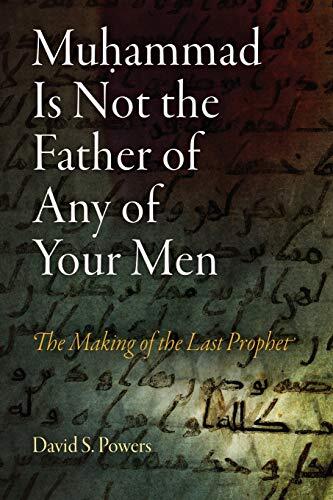
Muhammad Is Not the Father of Any of Your Men: The Making of the Last Prophet
작성자
David S. Powers
아직 평점이 없습니다
Action & Adventure
History
형식
페이퍼백
페이지
376
언어
영어
출판됨
Mar 15, 2011
출판사
University of Pennsylvania Press
ISBN-10
0812221494
ISBN-13
9780812221497
설명
In this thought-provoking exploration, David S. Powers delves into the intricate relationship between Islam, Judaism, and Christianity, challenging common perceptions and interpretations surrounding the figure of the prophet Muhammad. Through a nuanced examination of historical texts and theological arguments, Powers invites readers to reconsider the underpinnings of religious discourse and identity.
Powers meticulously unpacks the claim of Islam's superiority over its predecessor faiths, focusing on the defining assertion regarding Muhammad's paternity, or lack thereof, to the community of men. He navigates the complex landscape of late ancient religious thought, offering new insights into how these beliefs shaped the trajectory of monotheistic faiths and the emergence of a distinctly Islamic identity.
This scholarly work not only addresses the theological implications of the religious claims made by Islam but also engages with broader themes of legitimacy, authority, and the evolution of religious narratives. It serves as a significant contribution to the field, inviting readers to reflect on the intricate ties that bind these three major faith traditions while illuminating the unique position of Islam within this rich historical tapestry.
Powers meticulously unpacks the claim of Islam's superiority over its predecessor faiths, focusing on the defining assertion regarding Muhammad's paternity, or lack thereof, to the community of men. He navigates the complex landscape of late ancient religious thought, offering new insights into how these beliefs shaped the trajectory of monotheistic faiths and the emergence of a distinctly Islamic identity.
This scholarly work not only addresses the theological implications of the religious claims made by Islam but also engages with broader themes of legitimacy, authority, and the evolution of religious narratives. It serves as a significant contribution to the field, inviting readers to reflect on the intricate ties that bind these three major faith traditions while illuminating the unique position of Islam within this rich historical tapestry.